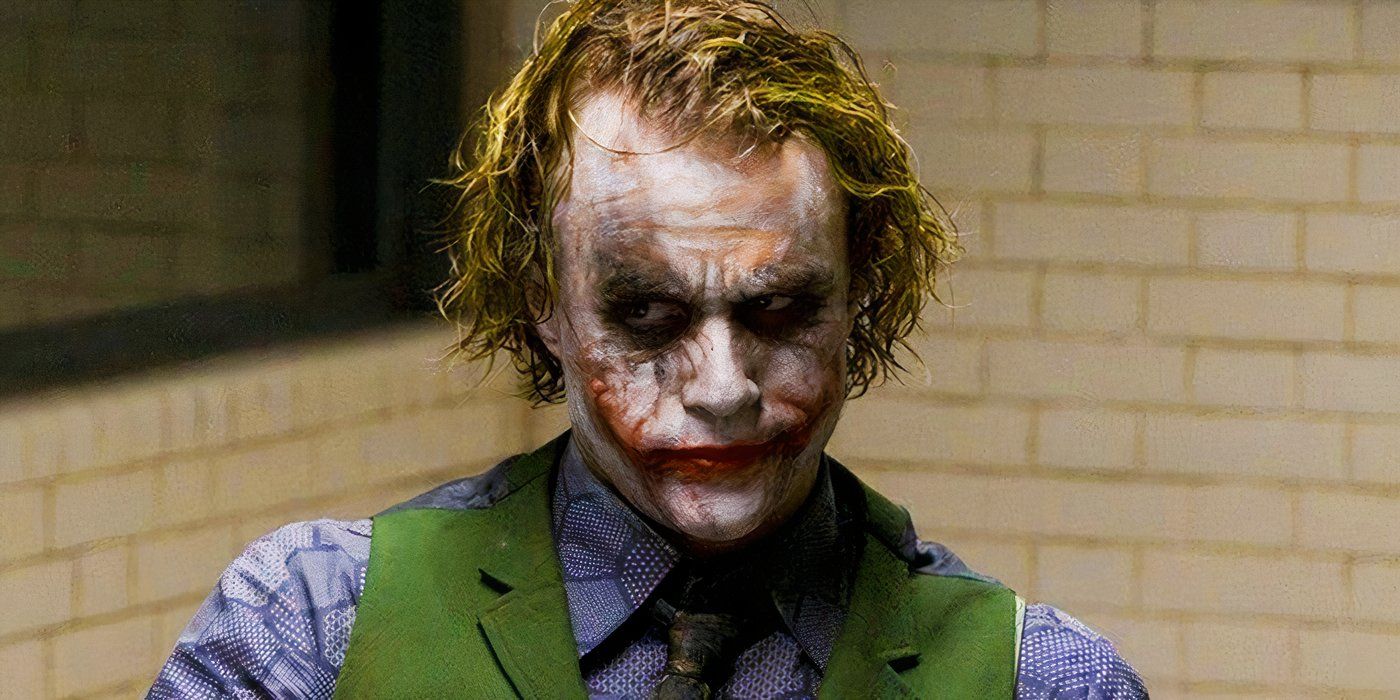
It’s indisputable that the Oscars are the most esteemed accolades a film industry professional can receive, and certain recipients have solidified their places among the greatest ever. Year after year, millions worldwide tune in to the Academy Awards ceremony, eager to see if their guesses align with the Academy’s picks or to voice their disagreement. The event features live renditions of the Original Song contenders as well as heartfelt acceptance speeches, making it a glamorous spectacle worth witnessing.
The primary significance of the Academy Awards extends beyond the televised event itself. Winning an Oscar can significantly impact the careers of actors, directors, writers, cinematographers, makeup artists, visual effects specialists, singers, composers, and animators, among others, by leaving a lasting impression on their professional images. Being recognized with an Academy Award is widely regarded as one of the highest honors in the industry, even though debates about the validity of voting processes may persist. Despite any controversy surrounding Oscar voters not watching certain films, there’s no denying that some unforgettable Oscar-winning performances have undeniably earned their accolades and continue to captivate us to this day.
12. J. K. Simmons As Terence Fletcher
Whiplash (2014)
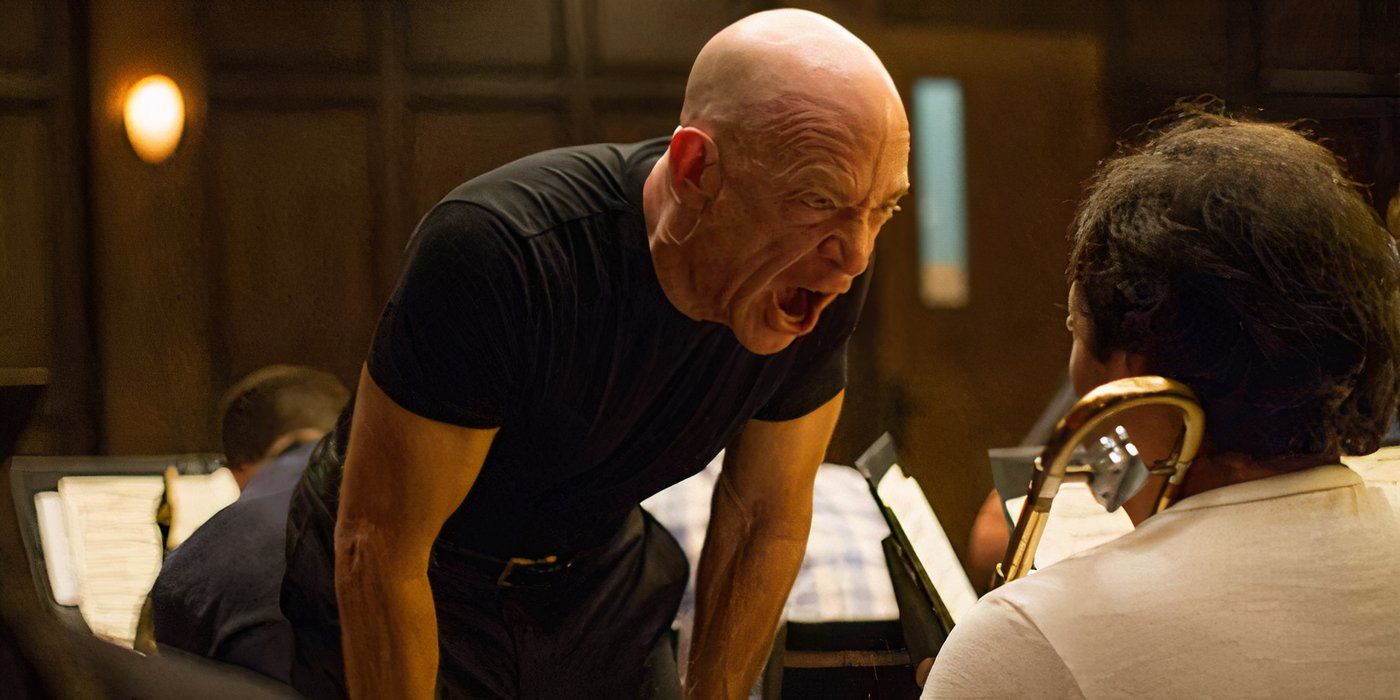
Given its modest budget and tight timeline for production, Whiplash transforms from a remarkable movie into an astonishing display of raw talent. The team put in extra hours to ensure it was finished within the deadline and delivered one of the most outstanding films about music. The five Academy Award nominations it received serve as proof of its exceptional quality, especially since it manages to redefine a film about a man learning jazz drumming into something akin to a thriller, bordering on horror at times.
2014 stood out as an exceptional year for cinema, evident from the list of Academy Award nominees in 2015. Picking a worthy winner in any category from that year was no easy task. Nevertheless, J. K. Simmons’ victory for his role in Whiplash was well-deserved. Through his performance as the ruthless coach Terence Fletcher, he created a chilling villain who haunted viewers long after they finished watching. Simmons’ dedication to his craft was evident in the way he seamlessly transformed into the harsh, insensitive, and at times repugnant character of the abrasive man.
11. Sidney Poitier As Homer Smith
Lilies Of The Field (1963)
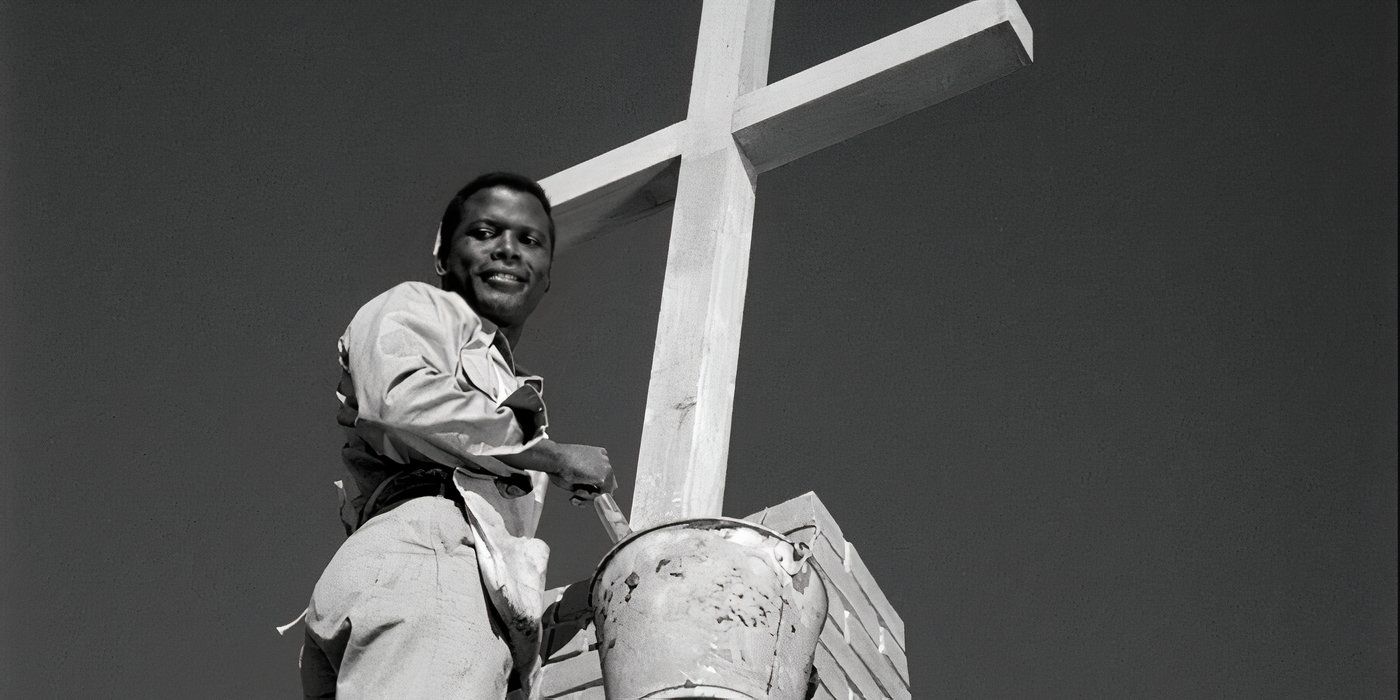
One notable blotch on the annals of the Oscars was the uproar over the #OscarsSoWhite issue in 2015 and 2016, ignited by the fact that all acting nominees at the 2015 ceremony were Caucasian. This controversy sought to shed light on a long-standing pattern of racial bias within the Academy. It’s astonishing to consider that in almost a century of awards, only 23 African American actors and actresses have taken home an Oscar. The picture worsens when considering performers from other ethnic groups.
One significant historical milestone for the Academy Awards, still resonating today, was Sidney Poitier becoming the first Black actor to win the Best Actor award in 1964. In the movie “Lilies of the Field,” Poitier portrays Homer Smith, a character who assists Catholic nuns in building a church in the desert. This film, characterized by its minimalist style, emphasizes empathy and the impact of good deeds. Without Poitier’s heartwarming performance, the emotional depth that “Lilies of the Field” carries would not have been as profound.
10. Christoph Waltz As Hans Landa
Inglourious Basterds (2009)
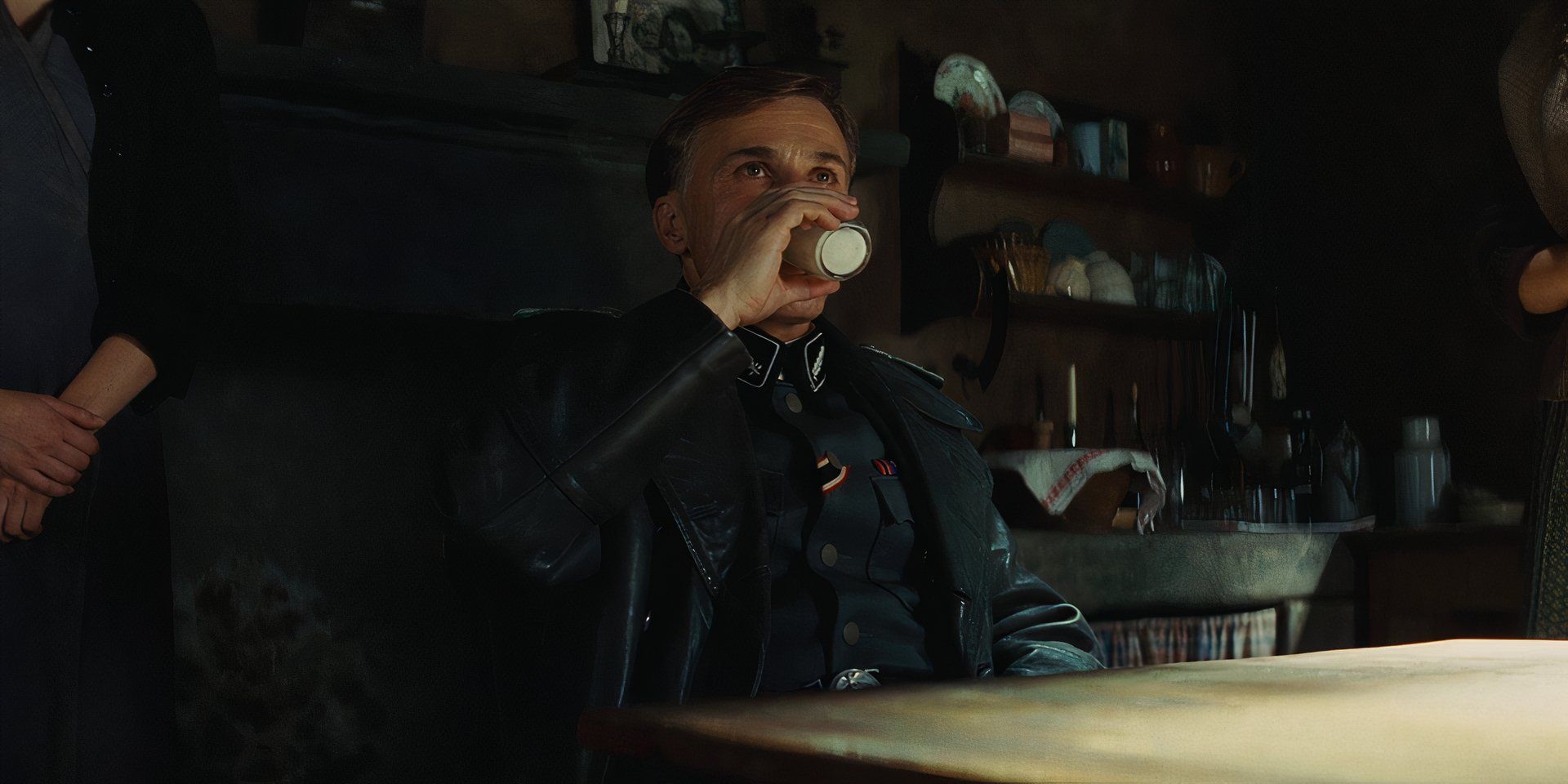
Quentin Tarantino is often seen as a filmmaker whose work isn’t deep or thought-provoking due to his sensational style. However, the Academy appreciates his artistic contributions. While he primarily produces films with extreme violence, his screenwriting skills are exceptional, allowing him to gradually escalate tension in scenes through dialogue. As a director, he consistently brings out standout performances from his actors, as evidenced by numerous Oscar-nominated roles from his movies.
| Every Performance From a Tarantino Film to be Nominated for an Oscar | ||||
| Actor/Actress | Film | Year | Category | Status |
| John Travolta | Pulp Fiction | 1995 | Best Actor | Nominated |
| Samuel L. Jackson | Pulp Fiction | 1995 | Best Supporting Actor | Nominated |
| Uma Thurman | Pulp Fiction | 1995 | Best Supporting Actress | Nominated |
| Robert Forster | Jackie Brown | 1998 | Best Supporting Actor | Nominated |
| Christoph Waltz | Inglourious Basterds | 2010 | Best Supporting Actor | Won |
| Christoph Waltz | Django Unchained | 2013 | Best Supporting Actor | Won |
| Jennifer Jason Leigh | The Hateful Eight | 2016 | Best Supporting Actress | Nominated |
| Leonardo DiCaprio | Once Upon a Time… In Hollywood | 2020 | Best Actor | Nominated |
| Brad Pitt | Once Upon a Time… In Hollywood | 2020 | Best Supporting Actor | Won |
Notably, among many actors frequently working with director Quentin Tarantino, Christoph Waltz stands out as the sole laureate of two Academy Award nominations, and he claimed victory on both occasions. His Oscar win for Best Supporting Actor in Inglourious Basterds, in particular, remains a significant milestone.
In the past, the Oscars have been known for favoring war movies and often rewarding actors portraying victims or heroes. However, Christoph Waltz’s performance as the loathsome Nazi commander Hans Landa in “Inglourious Basterds” was so convincingly detestable that the Academy had no other option but to award him the win in 2010. Just one look at the film’s opening scene is enough to confirm this.
9. Gregory Peck As Atticus Finch
To Kill A Mockingbird (1962)
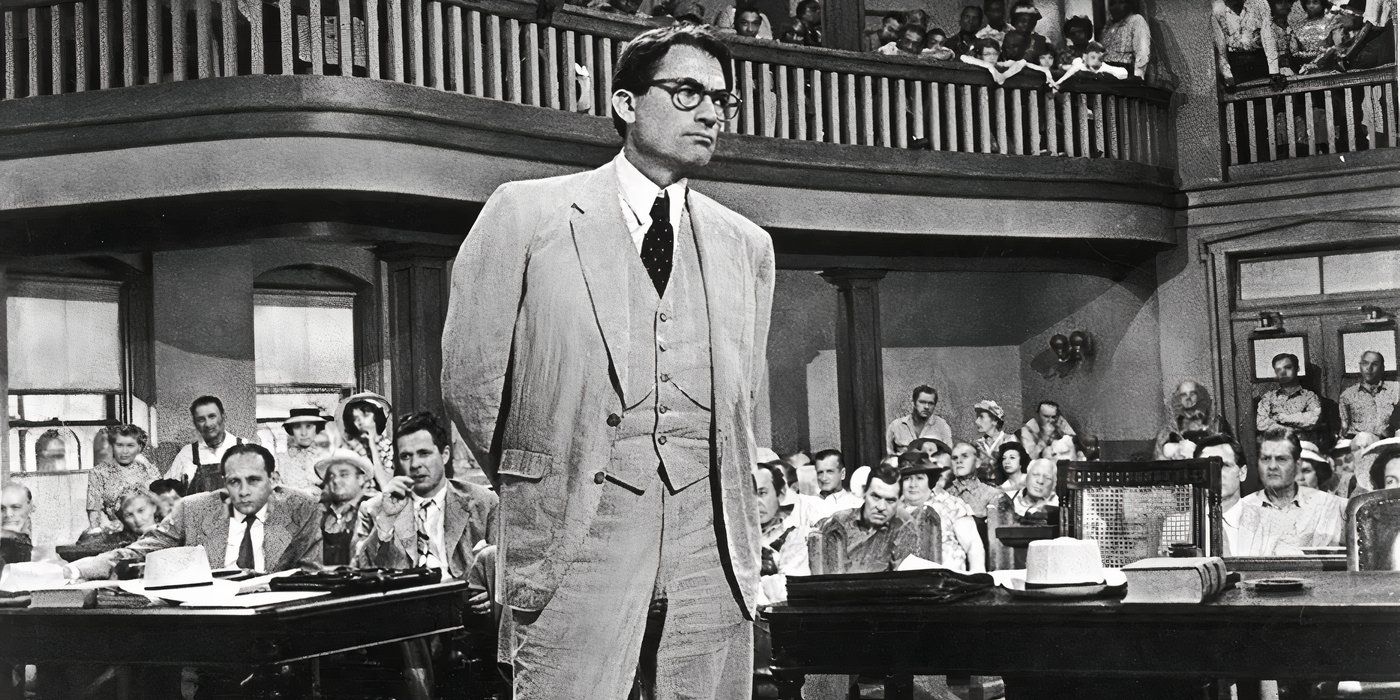
As a cinephile, I’ve always noticed that courtroom dramas tend to shine at the Oscars. The Academy seems to have a soft spot for nominating outstanding performances from these films because they often mirror the intensity and emotional depth of theater. What sets great legal dramas apart from the rest is the exceptional writing and acting. This is why the history of the legal drama genre is filled with memorable Oscar-winning performances and scripts that truly stand out.
Among these notable performances, Gregory Peck’s portrayal of Atticus Finch in “To Kill a Mockingbird” truly stands out. Not only is the film regarded as a template for subsequent courtroom dramas, but Peck’s character has been hailed as Hollywood’s most iconic hero ever. Atticus Finch serves as an inspiring role model, demonstrating principles through his actions and remaining unbitter even when subjected to social scrutiny for defending justice. Peck’s performance, marked by expressions of pain and righteousness, continues to influence actors in their craft today.
8. Marlon Brando As Vito Corleone
The Godfather (1972)
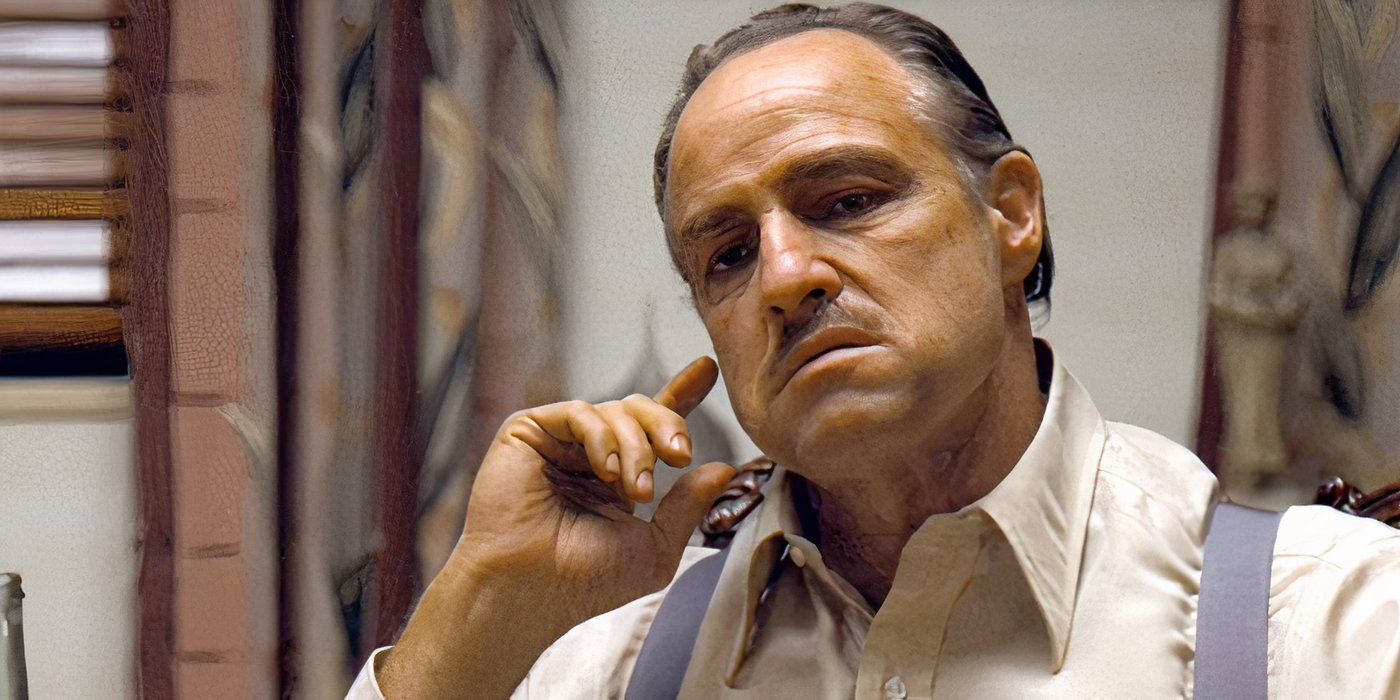
Four times throughout the history of the Oscars, winners have declined their Academy Awards. The most current and widely recognized instance occurred in 1973, when Marlon Brando chose not to attend the ceremony as a form of protest against the film industry’s insufficient efforts in portraying Native Americans on and off-screen. Instead, activist Sacheen Littlefeather represented him at the event, delivering a speech addressing the issue and declining the Oscar on his behalf.
Regardless of the debates it ignited and the light it shed on the Academy and Hollywood’s perspectives towards Native American communities, Marlon Brando’s enduring impact can still be felt through his remarkable portrayal of Don Vito Corleone in The Godfather. Although he didn’t actually receive one, his performance was Oscar-winning and arguably the most renowned gangster role to be either awarded or nominated for an Academy Award. Brando’s poise, his ability to let emotions cascade through him like a river, and his soft-spoken delivery – there are numerous aspects of Brando’s performance in The Godfather that continue to captivate audiences today.
7. Adrien Brody As Władysław Szpilman
The Pianist (2002)
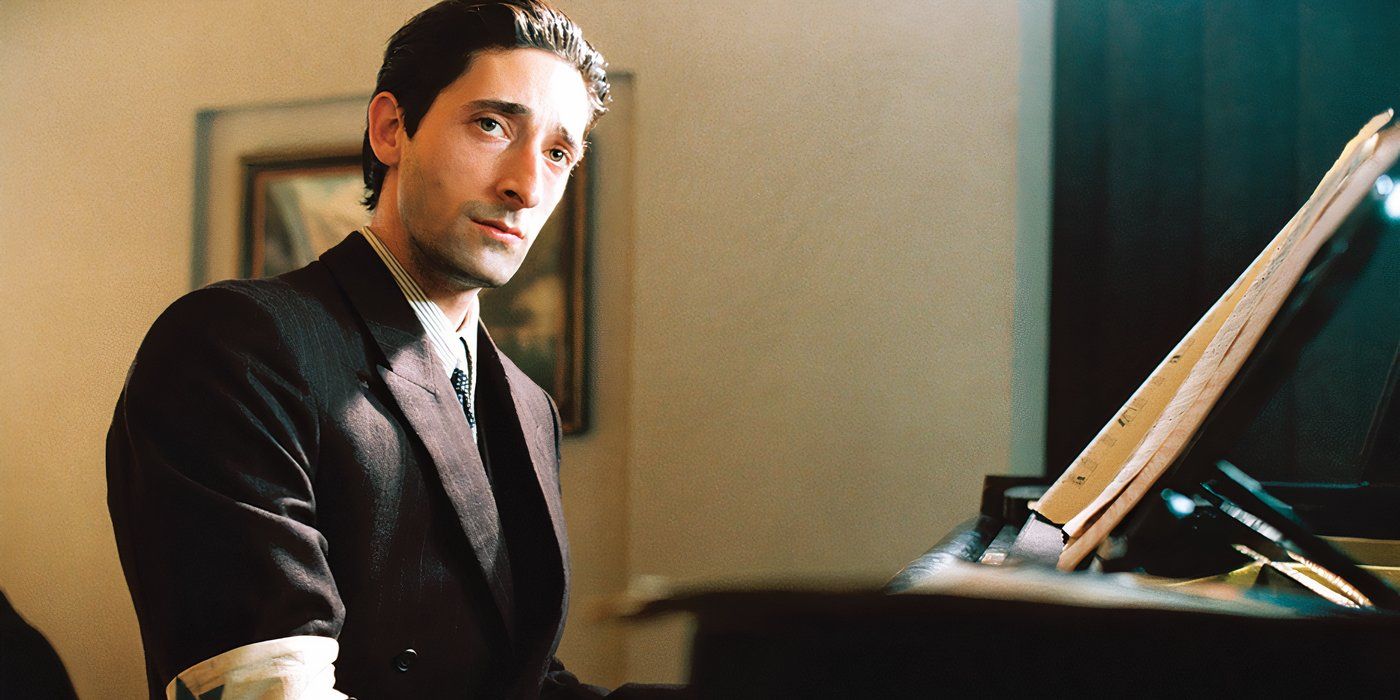
Adrien Brody currently holds two Oscars, which he received for playing characters who lived through the Holocaust. His most recent award for “The Brutalist” is for a character that was inspired by several real individuals but remains fictional. In contrast, his role in “The Pianist” portrayed a real Holocaust survivor, Władysław Szpilman. The movie is based on Szpilman’s personal accounts of surviving in Warsaw during Germany’s invasion of Poland.
Brody’s portrayal of Szpilman in the movie is considered among the greatest war performances ever given. Known for expressing despair and kindness with an exceptional emotional depth through his expressive eyes and body language, Brody delivers a heart-wrenching performance as Szpilman, who maintains his identity and love for music despite his harrowing experiences. This passionate portrayal of hopelessness is so powerful that it often leaves viewers on the verge of tears.
6. Denzel Washington As Private Trip
Glory (1989)
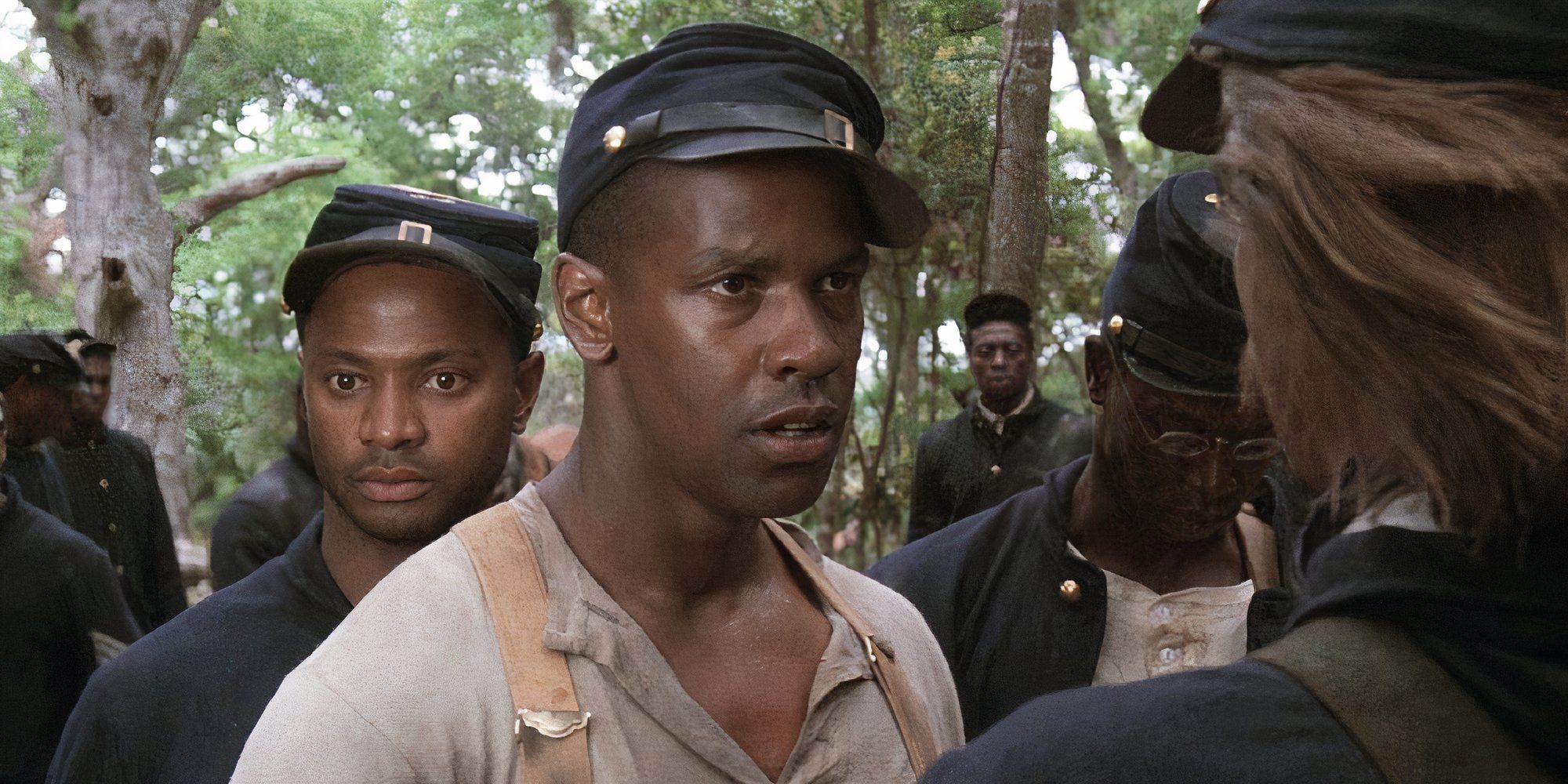
As a movie enthusiast, I’ve noticed that war movies frequently favor dramatic visuals over historical accuracy, with explosions and sometimes exaggerated violence. However, it’s truly remarkable when a film like Edward Zwick’s “Glory” emphasizes authenticity, especially in its depiction of the brutal Battle of Fort Wagner. Unlike many films, which tend to glamorize or romanticize war, “Glory” strips away all sensationalism to reveal the harsh, devastating truth about the nature of battle.
Featuring a stellar cast comprising Morgan Freeman, Cary Elwes, Matthew Broderick, Andre Braugher, and Denzel Washington among others, Glory continues to stand out as an exceptional film depicting the American Civil War. In this movie, Denzel Washington portrays Private Trip, a soldier who was part of one of the earliest black regiments ever assembled in the nation’s history.
In his role as Trip, Washington masterfully showcases not only the courage inherent in the character but also the genuine apprehension and worry that comes with being a soldier. Washington received the Oscar for Best Supporting Actor in 1990, an impressive achievement given that it was just 13 years since he first stepped into acting.
5. Sir Anthony Hopkins As Dr. Hannibal Lecter
The Silence Of The Lambs (1991)
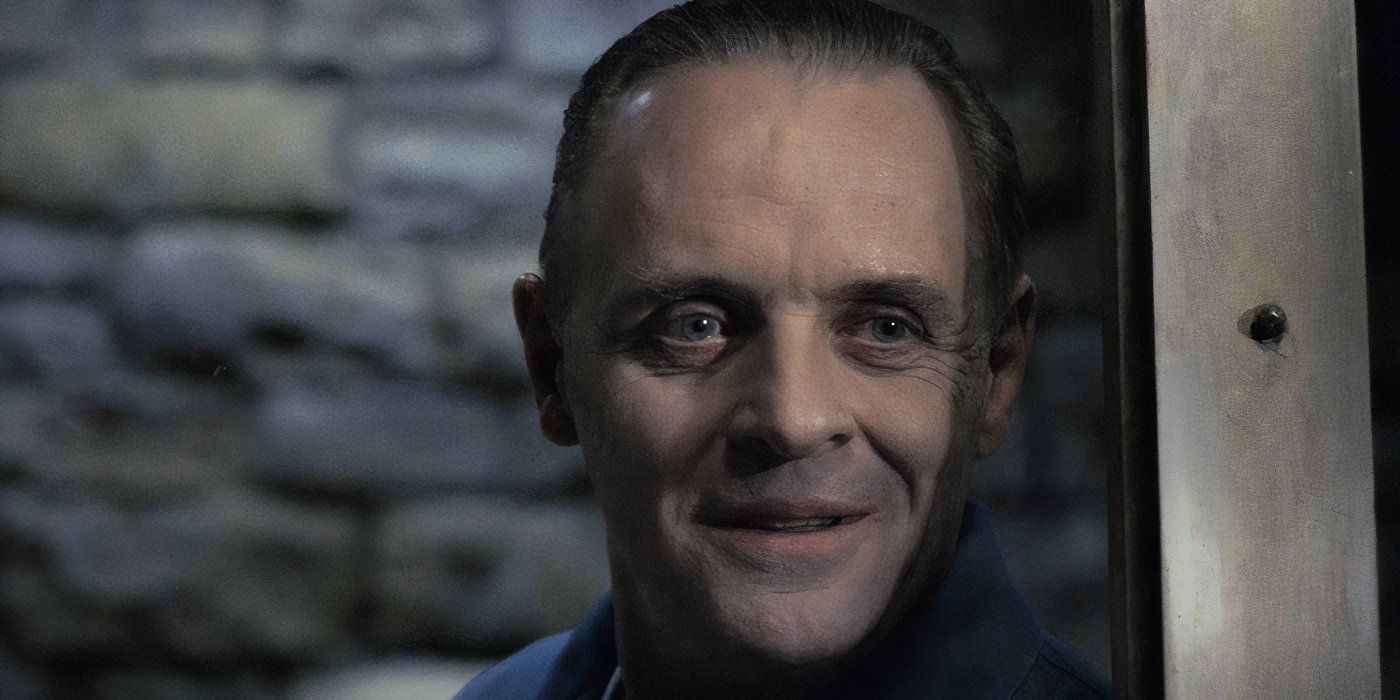
At the Oscars since 1937, there has been a category called Supporting Actor. This award is designed to honor acting roles that are not the main focus of a movie. These roles can be determined by factors such as screen time, perspective, and significance to the storyline. It’s unusual for performances with minimal screen presence to be nominated for a Best Actor Oscar rather than a Best Supporting Actor Oscar.
In a surprising turn of events, I found myself standing in awe when the news broke that Sir Anthony Hopkins had been nominated and won the Oscar for Best Actor for his portrayal of Dr. Hannibal Lecter in The Silence of the Lambs. What left many speechless was the fact that he only had about 16 minutes on-screen, with a total of 25 minutes when considering off-screen time. Yet, it was this limited screen presence that helped transform the expectations for movie genres. The hauntingly memorable performance of just 16 minutes by Sir Anthony Hopkins etched Dr. Lecter into the annals of cinematic history as an enduring great villain.
4. Jack Nicholson As Randle Patrick McMurphy
One Flew Over the Cuckoo’s Nest (1975)
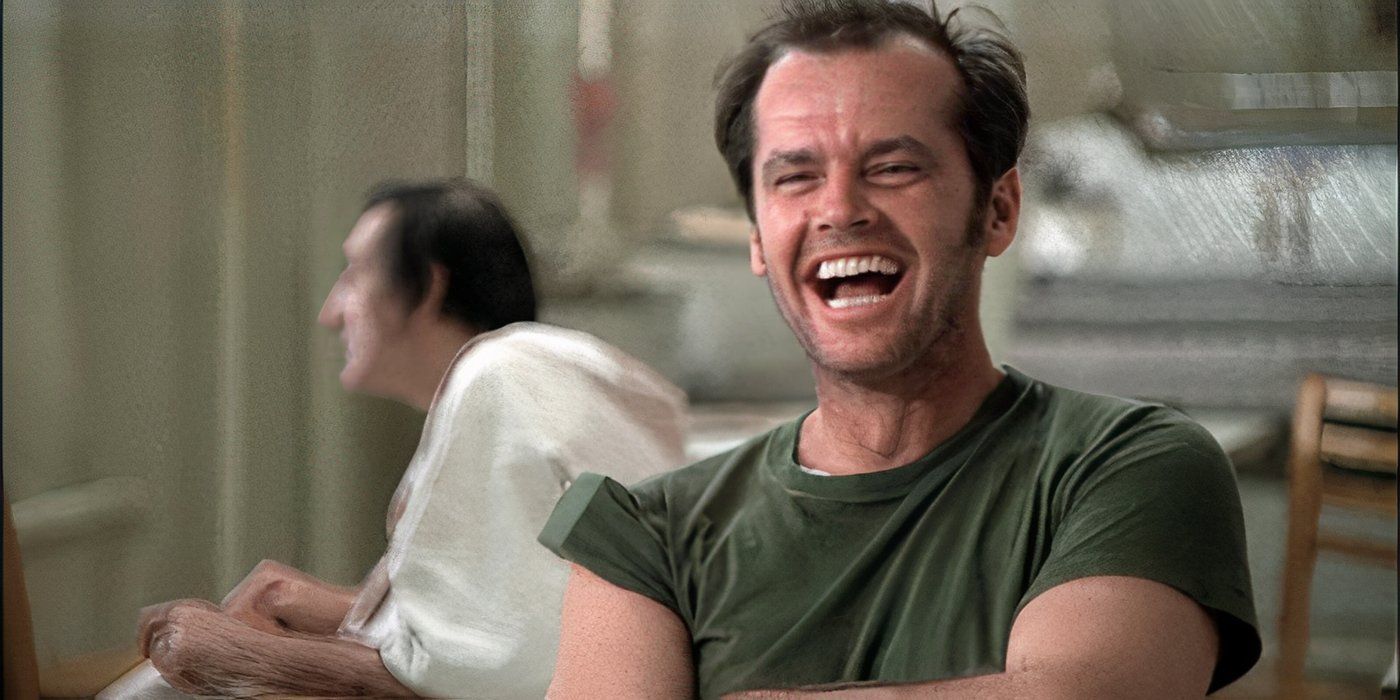
The character Nurse Ratched, portrayed by Louise Fletcher in Miloš Forman’s film “One Flew Over the Cuckoo’s Nest,” is often considered one of the most formidable movie villains ever. In this movie, both Fletcher and Jack Nicholson won Oscars for their performances – Fletcher for Best Actress and Nicholson for Best Actor. Notably, “One Flew Over the Cuckoo’s Nest” holds a unique place in film history, having shared the distinction of winning all five major categories at the Oscars with only two other films: “It Happened One Night” (1934) and “The Silence of the Lambs” (1991). These films are recognized for their wins in Best Picture, Best Director, Best Actor, Best Actress, and Best Screenplay.
In the film, Nicholson portrays McMurphy, a character who feigns insanity to avoid prison. Yet, he finds that the mental institution isn’t any better – Nurse Ratched embodies an oppressive figure similar to an abusive prison warden towards the patients. Nicholson delivers a captivating performance, masterfully balancing the tones of comedy and tragedy, as the man who unknowingly emerges as a leader among the hospital’s patients by challenging Ratched’s cruel behavior. This exceptional portrayal is widely considered one of the actor’s finest performances on screen.
3. Daniel Day-Lewis As Daniel Plainview
There Will Be Blood (2007)
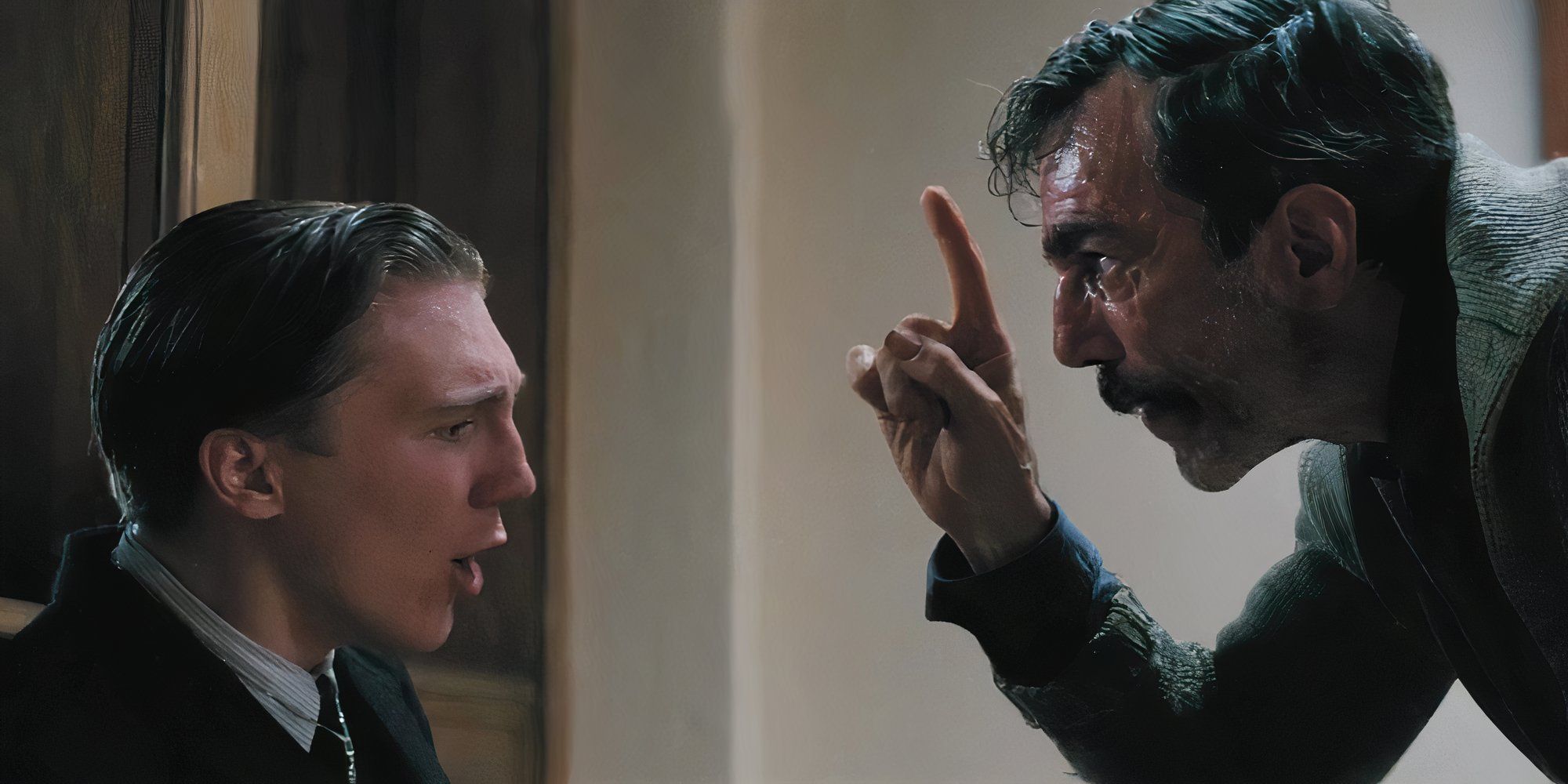
Among all actors who have won Oscars for lead roles, Katharine Hepburn holds the record with four wins, surpassing both Daniel Day-Lewis and Frances McDormand who each have three. Therefore, choosing the best performance from Day-Lewis is challenging, particularly between his portrayals in Lincoln and There Will Be Blood. The seasoned actor possesses an extraordinary ability to immerse himself into characters, bringing Lincoln’s inspiring persona to life as convincingly as he portrays Daniel Plainview’s greed for wealth and power.
Daniel Plainview, the main character in a movie, becomes increasingly unsettled as his obsession with wealth grows stronger. Fueled by capitalistic ambition, he pushes himself to appalling lengths. In this film, Daniel Day-Lewis gives an exceptional portrayal of a man who begins with humble origins but eventually sinks to reprehensible depths as he disregards all boundaries in pursuit of wealth. Day-Lewis skillfully depicts him as a complex individual rather than a sympathetic one, instead making him appear pitiful and disturbed.
Read More
- Clash Royale Best Boss Bandit Champion decks
- Vampire’s Fall 2 redeem codes and how to use them (June 2025)
- Mobile Legends January 2026 Leaks: Upcoming new skins, heroes, events and more
- World Eternal Online promo codes and how to use them (September 2025)
- Clash Royale Season 79 “Fire and Ice” January 2026 Update and Balance Changes
- Best Arena 9 Decks in Clast Royale
- M7 Pass Event Guide: All you need to know
- Clash Royale Furnace Evolution best decks guide
- Best Hero Card Decks in Clash Royale
- How to find the Roaming Oak Tree in Heartopia
2025-06-01 00:20